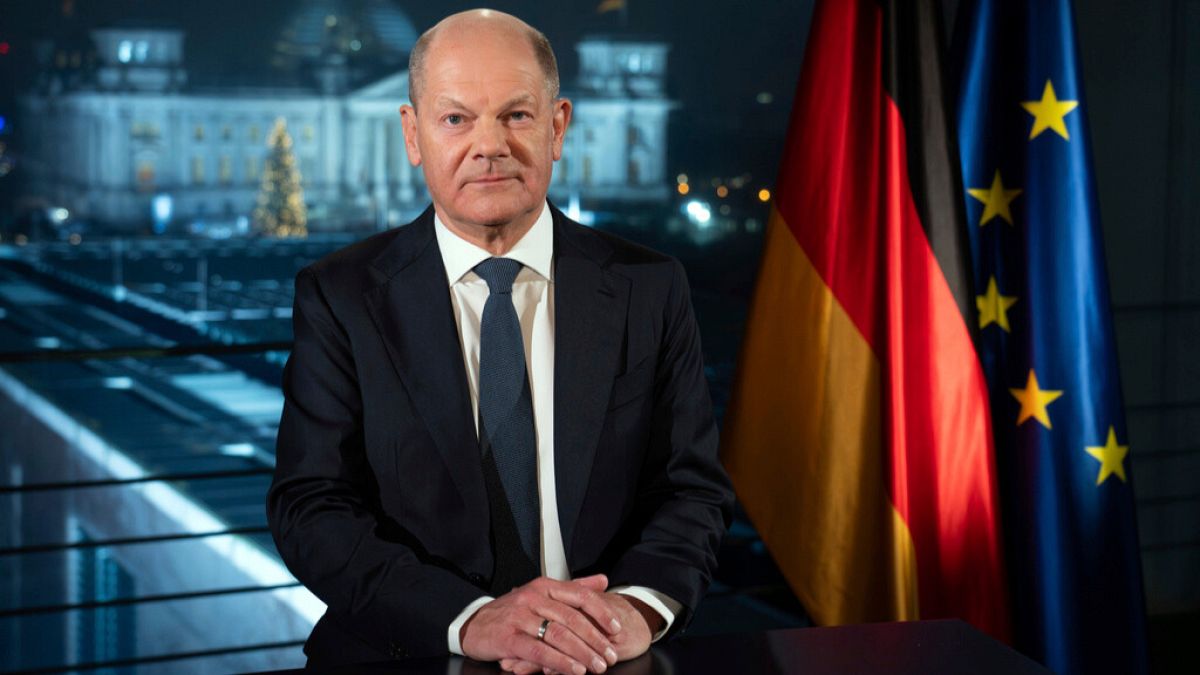Olaf Scholz, the German Chancellor, delivered a New Year’s Eve address to the citizens of Germany, emphasizing the importance of unity and the power of the people to determine the country’s future. In his speech, he made pointed remarks about the influence of social media channels and the need for reasonable and decent voices to shape the direction of the nation, rather than those who espouse extreme opinions. Scholz did not mention Elon Musk directly, but his comments came in response to the tech billionaire’s endorsement of the extreme Alternative for Germany (AfD), which caused controversy in the country. Musk’s support for the party’s economic policies and refusal to label it as “far right” has sparked outrage among politicians and the public.
The German government spokesperson expressed concerns about Musk’s attempt to influence the upcoming election by endorsing a party classified as a suspected terrorist organization on a national level. Scholz’s Social Democratic Party (SPD) co-leader Lars Klingbeil compared Musk to Russian President Vladimir Putin, accusing both of trying to interfere in German politics. Amidst the controversy, Scholz emphasized the importance of the citizens in steering the future of the country and highlighted the dangers of disinformation in the aftermath of an attack in Magdeburg. The attack, which occurred on a Christmas market, resulted in the deaths of five people and injuries to hundreds, with the perpetrator displaying anti-Muslim sentiments online.
However, authorities have cautioned against jumping to conclusions about the attacker’s motivations as his profile differed from previous perpetrators of such acts. Despite this, the AfD has seized on the incident, with leader Alice Weidel describing it as an act of Islamist hatred and calling for unity among Germans and Christians. Musk’s involvement in the issue further fueled the debate, with his criticism of German authorities and call for Scholz’s resignation drawing backlash from various quarters. The political landscape in Germany remains tense as the country prepares for the upcoming elections on 23 February.
In conclusion, Olaf Scholz’s New Year’s Eve address reflects the challenges facing Germany as it grapples with political polarization, disinformation, and external influences. The Chancellor’s call for unity and the power of the people to determine the country’s future serves as a reminder of the democratic principles at the heart of the nation. The controversy surrounding Elon Musk’s endorsement of the AfD highlights the complexities of modern politics and the role of social media in shaping public opinion. As Germany navigates through these turbulent times, it is crucial for citizens to actively engage in the political process and make informed decisions for the betterment of the country. The upcoming elections will be a significant test of the nation’s resilience and commitment to democracy.










